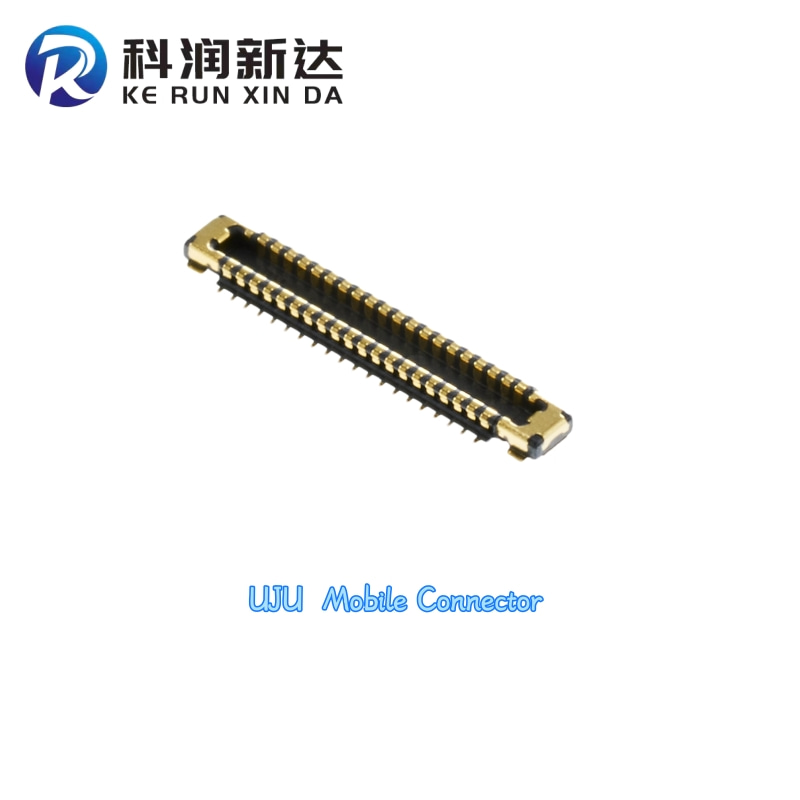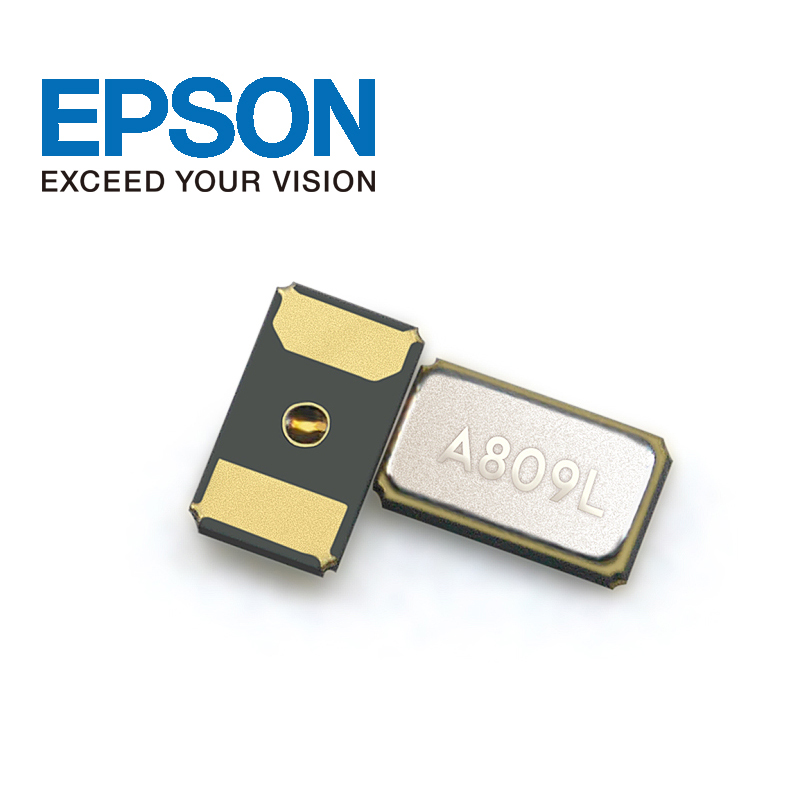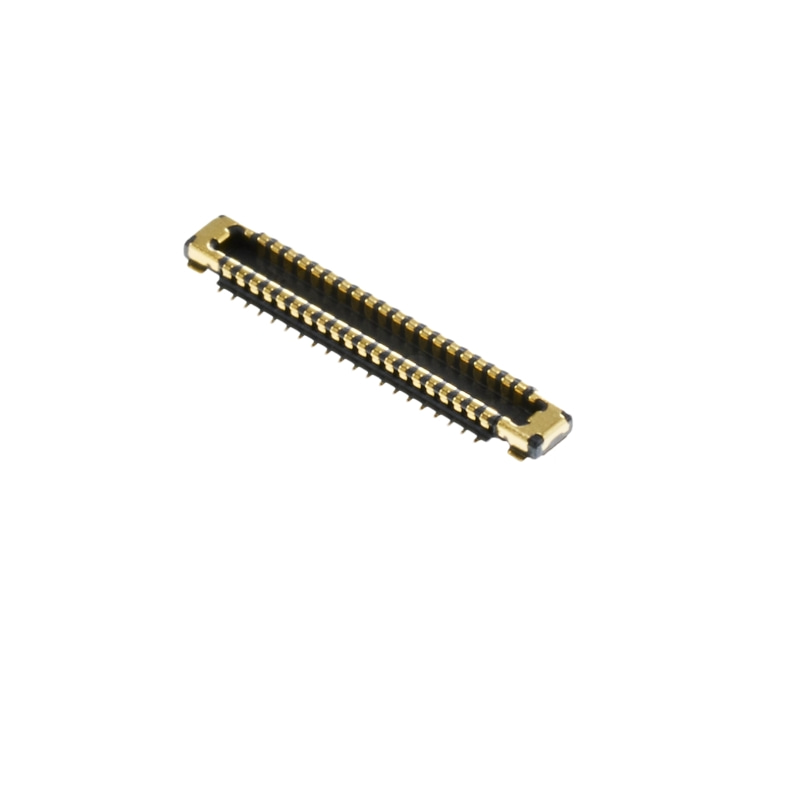What are the four types of USB connectors?What is USB-A anWhat is a USB connection?d B and C?
USB (Universal Serial Bus) connectors are a widely used interface technology for connecting computer hosts to external devices such as keyboards, mice, printers, smartphones, etc. USB connectors are favoured by users for their plug-and-play, hot-swappable, and high transfer rates. With the development of technology, USB connectors have gone through several versions, including USB 1.x, USB 2.0, USB 3.x, and the latest USB4, each of which brings higher data transfer rates and a wider range of applications.
Globally recognised USB connector brands such as Molex, TE Connectivity, Amphenol, Foxconn and JAE offer connector solutions that comply with various USB standards.
Molex's USB connectors are known for their small size and high performance for portable devices such as smartphones and tablets. Precision manufacturing processes and optimised signal transmission paths are used in Molex's products to ensure high-speed data transmission and stable power supply.
Tyco Electronics' USB connectors excel in industrial and medical equipment for applications requiring high reliability and durability. Tyco Electronics' products use special shielding technology and reinforcement design to improve the connector's immunity to interference and mechanical strength.
Amphenol's USB connectors are widely used in automotive and consumer electronics for applications that require frequent plugging and unplugging. Amphenol's products are made of durable plastic and metal materials to ensure the long-term stability of the connectors.
Foxconn's USB connectors are favoured by the market for their cost-effectiveness and large-scale production capabilities. Foxconn's products use standardised designs and automated manufacturing processes to meet large-scale market demands.
JAE's USB connectors are recognised for their use in high-speed data transmission for external storage devices and high-speed networking equipment.JAE's products employ advanced signal transmission technology and optimised terminal design for high-speed data transmission.
In USB connector terminology, ‘transfer rate’ refers to the maximum data transfer speed that a USB connector can support, such as 480 Mbps for USB 2.0, 5 Gbps or 10 Gbps for USB 3.x, and 40 Gbps for USB 4. ‘Hot-swap’ refers to the maximum data transfer speed that a USB connector can support. Hot Plug and Play’ refers to the ability of a user to connect or disconnect a USB device without powering it down.
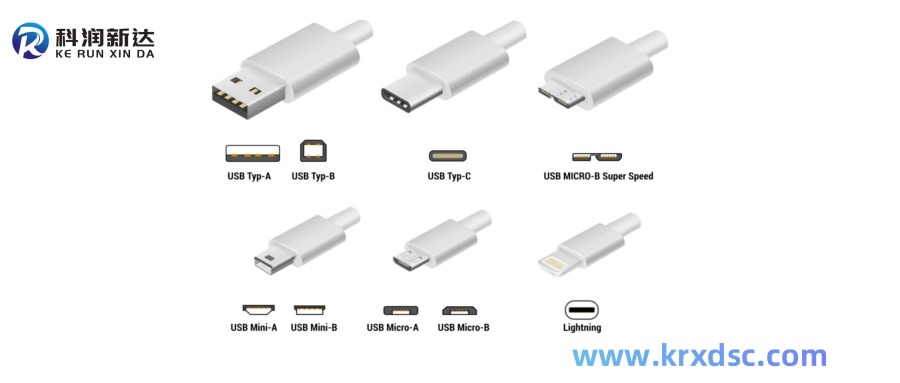
‘Plug and Play’ refers to the ability of a USB device to be automatically recognised and configured when it is connected to a computer, without the need for the user to perform complex setup. ‘Power supply’ refers to the ability of a USB connector to provide power to an external device, e.g., 500 mA for USB 2.0, 900 mA for USB 3.x.
‘Terminal design’ refers to the metal contacts inside the USB connector, which determine the electrical performance and connection stability of the connector. ‘Shielding technology’ refers to the measures used by USB connectors to reduce electromagnetic interference and improve the quality of signal transmission.
Through these examples of well-known brands, we can see the high standard of USB connectors in terms of design, material selection, performance testing and environmental adaptability. The use of terminology, such as ‘transmission rate’, ‘hot-swap’, ‘plug and play’, ‘power supply ’, ‘terminal design’ and ‘shielding technology’, not only reflects the professionalism of the USB connector industry, but also helps device manufacturers and users to more accurately assess the performance and technical requirements of USB connectors.
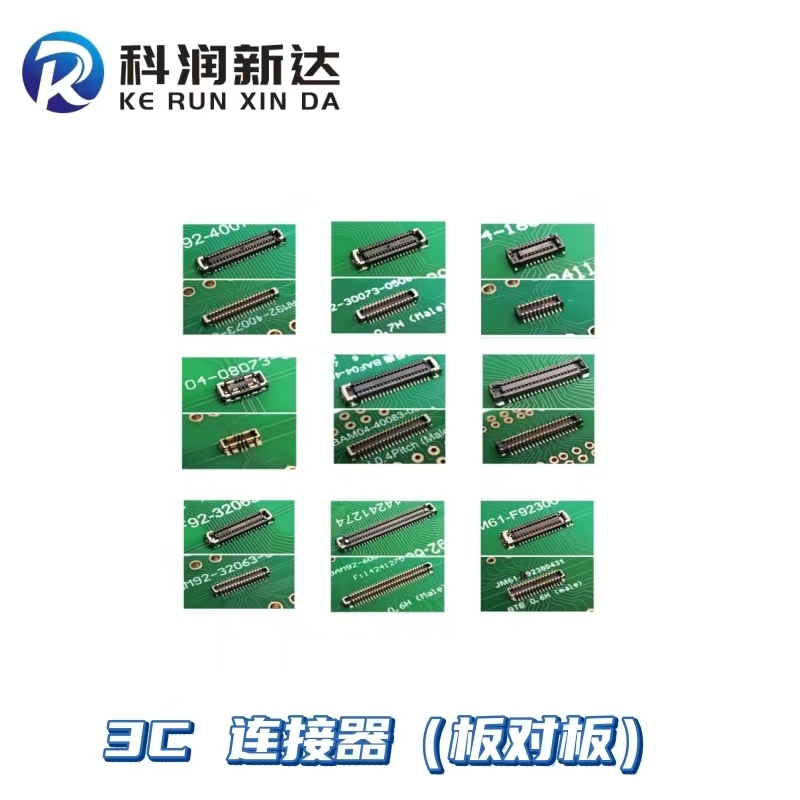 LCN (LCN Electronics)Board-to-
LCN (LCN Electronics)Board-to-


